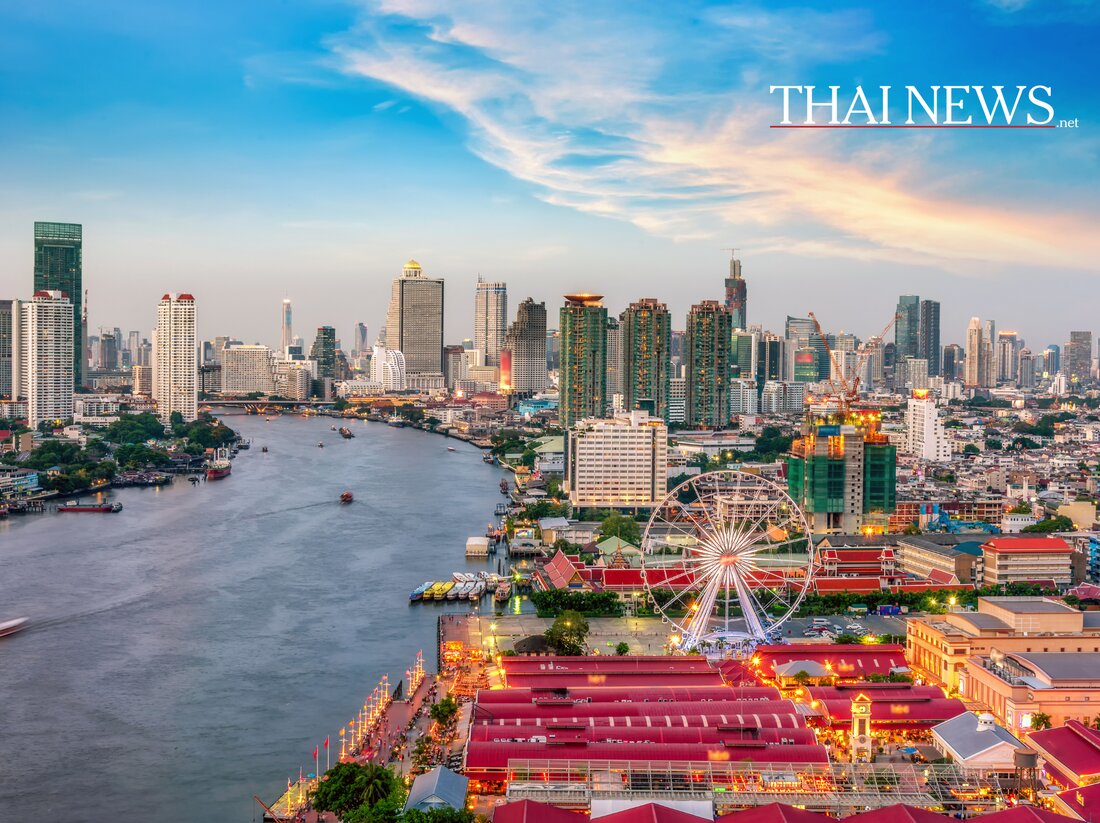New glimmer of hope: Thailand and Cambodia sign peace!
Thailand and Cambodia sign peace declaration under US President Trump to resolve border disputes and promote trade.

New glimmer of hope: Thailand and Cambodia sign peace!
In an exciting political turnaround, Thai Prime Minister Anutin Charnvirakul has expressed fresh hope for the strained relationship between Thailand and Cambodia after meeting with US President Donald Trump. On October 29, 2025, during a dinner for APEC leaders in Gyeongju, South Korea, positive signals were sent indicating progress in the border conflicts between the two countries.
The situation at the border area is tense, but Thailand and Cambodia recently signed a joint declaration aimed at quickly resolving the conflict. Anutin emphasizes: “We are actively working on the implementation of this agreement.” During the meeting with Trump, culinary relations and border regulations were also discussed. Anutin has thanked Trump for his support for better trade terms for Thailand, and Trump has promised to discuss the matter with U.S. trade representatives.
Peace in prospect
US President Donald Trump, who began his diplomatic tour in Asia in Kuala Lumpur, led the signing of a peace declaration between Thailand and Cambodia. That agreement extended a ceasefire reached in July 2025 that has led to the deadliest fighting in the region. Signed by Prime Minister Anutin and Cambodian Prime Minister Hun Manet, the move was hailed as a foundation for lasting peace. Trump has stressed that the quick agreement was crucial to preventing the conflict from escalating.
The signed peace declaration reaffirms the commitment of both sides to peace and security, including an immediate cessation of all hostilities. A key point is a military de-escalation plan to be carried out under the supervision of ASEAN members. This includes the withdrawal of heavy weapons from the border area, as well as verification measures by a newly established ASEAN monitoring team.
The challenges remain
However, it is important to emphasize that current peace efforts represent a fragile relationship. Reports of psychological warfare by Thailand, which Cambodia views as a violation of human rights, are a cause for concern. In addition, the border crossings between the two countries remain closed and have a significant impact on bilateral trade.
The countries are experiencing a historically challenging time: in February and May 2025, the conflict escalated, resulting in diplomatic crises. Both countries have now suffered dozens of deaths and around 300,000 people have had to temporarily leave their homes. Leading experts warn that national political interests could further fuel this conflict.
During the APEC meetings, Anutin hoped that Thailand's engagement in international forums would be seen as a positive sign for burgeoning trade interests from abroad. He sees working with leaders across the region, including Xi Jinping and the Prime Minister of Canada, as a step in the right direction.
It therefore remains to be seen whether the news from Gyeongju and the progress in the negotiations over the peace declaration on the border between Thailand and Cambodia can actually bring the hoped-for stability, or whether old disputes will flare up again. In any case, all eyes are on the coming weeks to see whether the decades-long conflicts will finally come to an end.

 Suche
Suche
 Mein Konto
Mein Konto
